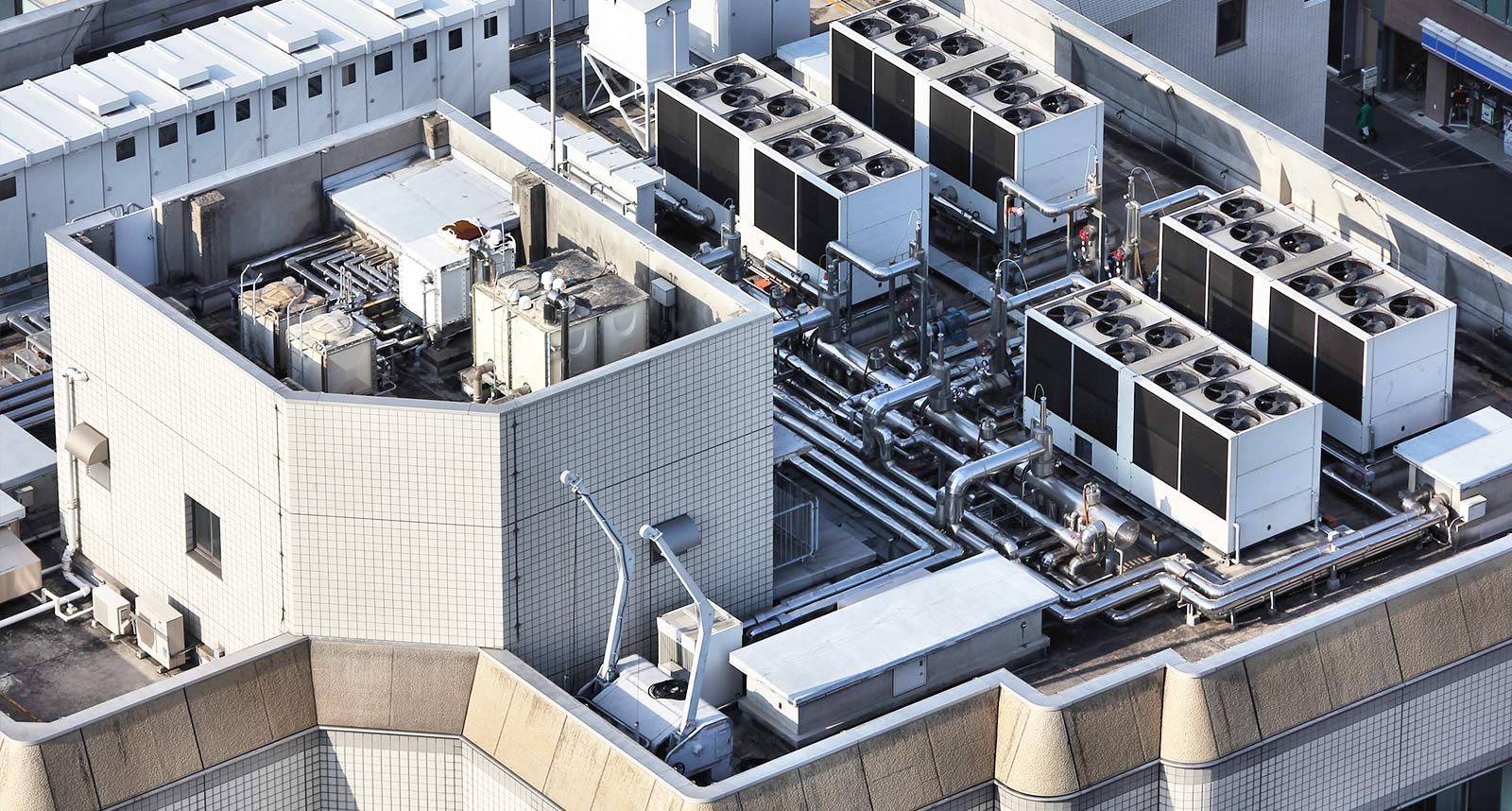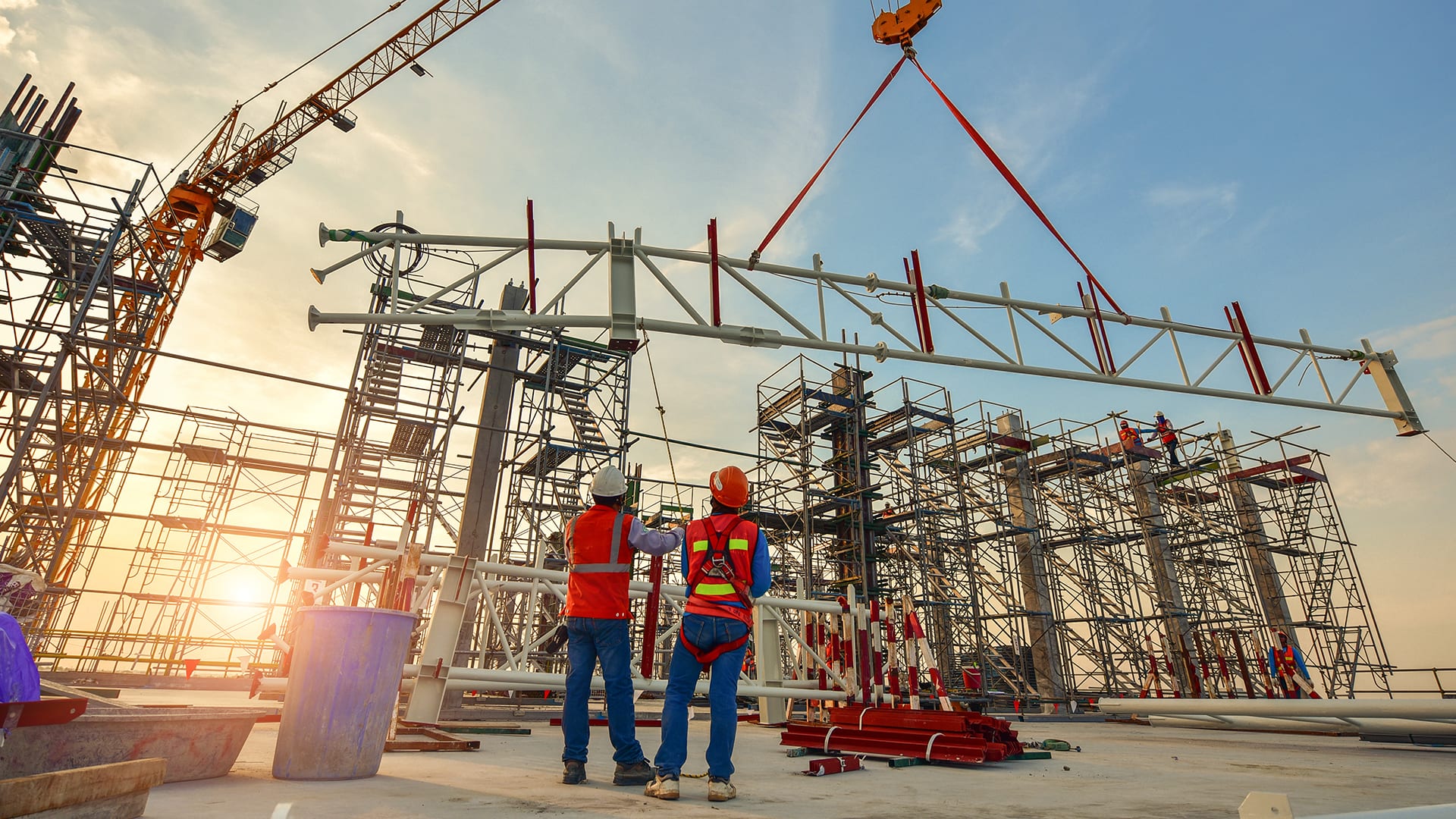
In the vast realm of construction, the term "building services" encompasses a myriad of systems and infrastructure crucial for the functionality and comfort of a structure. Building services play a pivotal role in ensuring that a building not only stands as a physical entity but functions optimally for its inhabitants.
This comprehensive article aims to provide an in-depth exploration of building services, covering their key components, various systems, emphasis on energy efficiency, integration of smart technologies, and the challenges faced during the design phase.
Key Components Of Building Services
Understanding The Infrastructure
Building services encompass an array of crucial components that collectively form the backbone of a functional structure. These components include but are not limited to:
Electrical Systems- Responsible for supplying power to various devices and equipment within the building, electrical systems ensure that lighting, heating, ventilation, air conditioning (HVAC), and electronic devices operate seamlessly.
Mechanical Systems- Integral to maintaining a comfortable indoor environment, mechanical systems include HVAC systems, plumbing, and fire protection. They contribute to temperature regulation, water supply, and fire safety.
Communication Systems- As technology continues to advance, the need for robust communication systems becomes paramount. This includes data cabling, telephone lines, and networking infrastructure to facilitate seamless connectivity.
Security Systems- In the modern era, security is a critical aspect of building services. This involves the implementation of surveillance systems, access control, and fire alarm systems to ensure the safety of occupants.
Water and Plumbing Systems- Ensuring a reliable water supply and efficient plumbing systems is essential for both residential and commercial buildings. This includes water distribution, drainage, and sewage systems.
Lighting Systems- Beyond mere illumination, lighting systems contribute to the aesthetics and ambiance of a space. Energy-efficient lighting solutions are increasingly gaining prominence in building services.
Fire Protection Systems- Safeguarding against fire hazards is a top priority. Fire detection and suppression systems, such as sprinklers and fire extinguishers, form an integral part of building services.
Types Of Building Services Systems
Comprehensive Exploration Of Systems
Building services systems are diverse, reflecting the multifaceted nature of modern construction. Understanding the different systems is crucial for effective design and implementation.
HVAC Systems- Heating, Ventilation, and Air Conditioning systems are fundamental for maintaining a comfortable indoor environment. They regulate temperature, humidity, and air quality.
Electrical Distribution Systems- Responsible for efficiently distributing electrical power throughout the building, these systems ensure that all electrical devices receive the required energy.
Plumbing Systems- Beyond providing a reliable water supply, plumbing systems encompass drainage, sewage, and gas distribution, contributing to the overall functionality and safety of a building.
Communication and Networking Systems- With the increasing reliance on technology, robust communication systems, and network infrastructure are essential for seamless connectivity.
Smart Building Systems- The integration of smart technologies is transforming building services. Smart building systems include automated controls, IoT devices, and data analytics to optimize energy usage and enhance overall efficiency.
Fire Protection and Safety Systems- Incorporating fire detection, alarm, and suppression systems, these are critical for ensuring the safety of occupants and preventing potential disasters.
Energy Efficiency In Building Services
Sustainable Construction Practices
As the world grapples with environmental challenges, the construction industry is increasingly focusing on sustainable and energy-efficient solutions within building services. The significance of energy efficiency in building services can be highlighted through the following key points:
Green Building Design- Building services play a pivotal role in achieving green building certifications. Implementing energy-efficient systems, such as LED lighting, smart HVAC controls, and renewable energy sources, contributes to sustainable construction.
Optimizing HVAC Systems- Heating, ventilation, and air conditioning systems often account for a significant portion of a building's energy consumption. Through the use of advanced controls and technologies, these systems can be optimized for maximum efficiency.
Renewable Energy Integration- Building services provide opportunities for integrating renewable energy sources, such as solar panels and wind turbines, into the building's power supply, reducing dependence on traditional energy sources.
Energy Management Systems- The implementation of energy management systems allows for real-time monitoring and control of energy usage, identifying areas for improvement and ensuring optimal performance.
Sustainable Water Management- Building services extend to water conservation and management. Implementing low-flow plumbing fixtures and water recycling systems contributes to sustainable water usage.
Integration Of Smart Technologies In Building Services
Advancements Shaping The Future
The rapid evolution of technology has significantly impacted building services, ushering in an era of smart buildings. The integration of smart technologies is transforming the way buildings are designed, operated, and maintained. Key aspects include:
Building Automation Systems (BAS)- BAS involves the use of advanced controls and sensors to automate and optimize building operations. This includes HVAC, lighting, security, and other systems for enhanced efficiency.
Internet of Things (IoT)- IoT devices are increasingly being integrated into building services, allowing for real-time monitoring and control. This includes smart thermostats, occupancy sensors, and connected appliances.
Data Analytics and Machine Learning- The analysis of data generated by building systems provides valuable insights for optimizing performance. Machine learning algorithms can predict patterns, identify inefficiencies, and suggest improvements.
Remote Monitoring and Control- Smart technologies enable remote monitoring and control of building systems. This not only enhances convenience but also allows for proactive maintenance and troubleshooting.
Energy Management through Smart Grids- Integration with smart grids enables buildings to participate in demand response programs, optimizing energy consumption based on grid conditions and reducing overall energy costs.
Challenges In Building Services Design
Navigating Complexity And Constraints
While building services play a crucial role in the functionality and sustainability of a structure, their design and implementation present unique challenges:
Integration Challenges- Coordinating the various building services systems to work seamlessly together can be complex. Ensuring compatibility and avoiding conflicts in design is a significant challenge.
Space Constraints -The allocation of space for building services systems must be carefully planned, considering the limited space within a building. Balancing functionality with the need for aesthetically pleasing spaces is a constant challenge.
Cost Considerations -Implementing advanced building services systems, especially those focused on energy efficiency and smart technologies, can incur additional costs. Balancing these costs with the long-term benefits requires careful consideration.
Changing Regulatory Landscape -Building codes and regulations are continually evolving, necessitating designers to stay abreast of the latest standards. Adapting designs to meet new requirements can pose a challenge during the design phase.
Maintenance and Long-Term Sustainability -Designing for ease of maintenance and long-term sustainability is crucial. Ensuring that building services systems remain efficient and functional over time requires thoughtful planning and consideration.
Conclusion
In conclusion, building services are the unsung heroes of construction, ensuring that buildings not only stand tall but also function optimally for the occupants. The integration of various systems, emphasis on energy efficiency, incorporation of smart technologies, and navigating the challenges of design collectively contribute to the evolving landscape of building services. As the construction industry continues to advance, the role of building services in creating sustainable, efficient, and technologically advanced structures will only become more pronounced.
